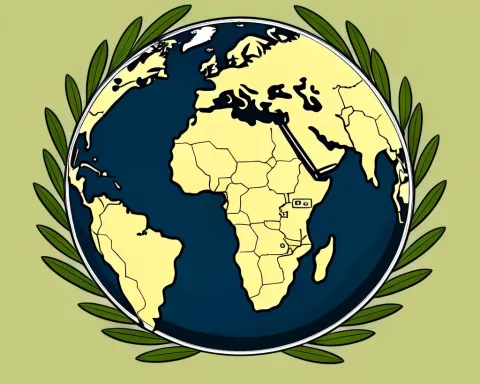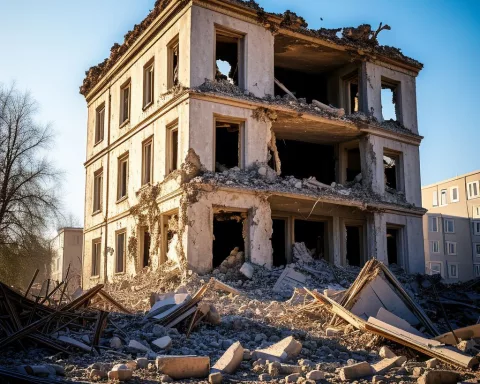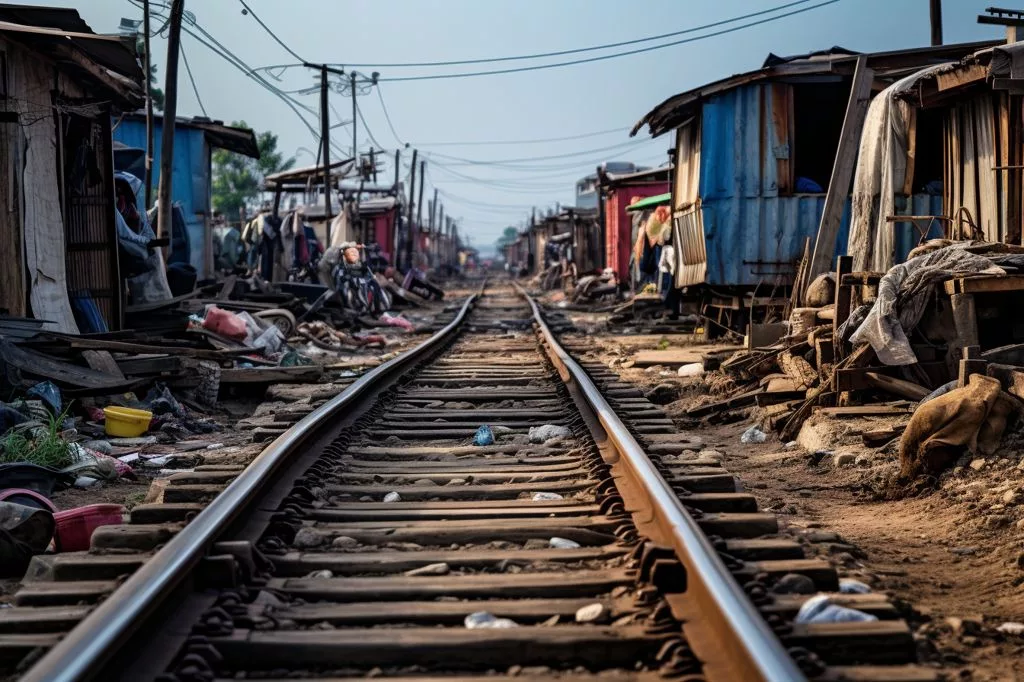The revelation of an almost 70% pay raise for Parliament’s secretary, Xolile George, has sparked outrage and demands for an investigation. Concerns about transparency and accountability have been raised, as well as the potential consequences of establishing a precedent for inflated public servant salaries. The controversy highlights the need for vigilance and scrutiny in our democracy. Parliament has justified the pay increase by referring to an impartial expert assessment, but the secrecy surrounding the decision has fueled skepticism and distrust. The Democratic Alliance’s call for an investigation serves as a reminder of the need for transparency and responsible governance in our democracy.
What is the controversy surrounding Parliament’s secretary’s pay raise?
The revelation of an almost 70% pay raise for Parliament’s secretary, Xolile George, has sparked outrage. The Democratic Alliance has demanded an investigation into the matter, and Parliament has defended the pay increase, citing an impartial expert assessment. Concerns about transparency and accountability have been raised, as well as the potential consequences of establishing a precedent for inflated public servant salaries. The controversy highlights the need for vigilance and scrutiny in our democracy.
A Shocking Pay Raise Unveiled
The revelation of an astonishing pay raise for Parliament’s secretary, Xolile George, who has been in office for merely a year, has triggered widespread outrage. Reports indicate that his salary has spiked by almost 70%, shooting his annual income up to R4.4 million, a sum that even exceeds President Cyril Ramaphosa’s earnings. Consequently, the Democratic Alliance (DA) has demanded an investigation into this matter.
Initially, authorities had denied this substantial pay raise, publicly declaring that George would receive R2.6 million per annum. They argued that this figure was actually a pay reduction compared to his former role as CEO of Salga, where he made over R5 million yearly. However, recent disclosures by the Sunday Times have cast doubt on these statements, as they reported that the National Council of Provinces (NCOP) secretly sanctioned George’s salary increment.
The Democratic Alliance has voiced apprehensions regarding the covert nature of this choice, alleging that political parties were left uninformed and that Speaker Nosiviwe Mapisa-Nqakula is now under examination. DA’s chief whip, Siviwe Gwarube, has requested an inquiry, accusing the Speaker of providing deceptive information to both Parliament and the nation.
Parliament’s Defense and the Need for Transparency
In response, Parliament has justified the pay increase by referring to an impartial expert assessment carried out by a remuneration consultancy firm. They argue that this decision resulted from a thorough and unbiased evaluation process in line with industry standards.
Notwithstanding the explanations offered by Parliament, this issue underlines critical concerns about transparency and accountability. If Parliament cannot adhere to these core principles, how can it be entrusted with holding the government accountable? Ensuring the institution’s integrity demands that this situation be meticulously examined and the truth be exposed.
The contentious nature of this pay raise goes beyond politics, encompassing societal values. What message does it send when a public servant’s salary is inflated so dramatically, particularly during times when many face financial hardships? Prioritizing such an exorbitant income for one person raises doubts about the distribution of public funds and whether the broader community’s interests are being taken into account.
Moreover, the secrecy enshrouding this decision has only fueled skepticism and distrust. A more transparent and open approach to managing such significant decisions could not only help to dispel doubts but also bolster Parliament’s credibility as an institution.
The Broader Implications and the Role of Parliament
This salary increment’s potential consequences extend beyond the political realm. For instance, it might establish a precedent for other public servants to request inflated salaries, leading to a chain reaction that could put immense pressure on the nation’s budget. This, in turn, could result in allocating fewer resources to essential public services and projects, ultimately harming the citizens who depend on them.
Amid this controversy, it is crucial to recall Parliament’s role in a democratic society. As an institution responsible for holding the government accountable and representing the nation’s citizens’ interests, they must embody transparency, accountability, and responsible governance principles. With public attention now sharply focused on this issue, Parliament must address these concerns and demonstrate its commitment to these fundamental principles.
The Democratic Alliance’s call for an investigation into this matter serves as a crucial reminder of the need for vigilance and scrutiny in our democracy. As citizens, we must continually question and challenge those in power to ensure that our government genuinely works for the greater good.
In summary, the controversy surrounding Xolile George’s salary increase has far-reaching consequences, touching on issues of transparency, accountability, and the responsible allocation of public funds. It is vital for Parliament’s integrity as an institution that this matter be thoroughly investigated, and the truth is revealed. As citizens, we must remain vigilant and hold our government accountable, ensuring that the principles of democracy and responsible governance are upheld.
1. What sparked the outrage and demands for an investigation regarding Parliament’s secretary’s pay raise?
The revelation of an almost 70% pay raise for Parliament’s secretary, Xolile George, sparked outrage and demands for an investigation. The pay raise was seen as excessive and raised concerns about transparency and accountability.
2. Who defended the pay increase?
Parliament defended the pay increase by referring to an impartial expert assessment carried out by a remuneration consultancy firm.
3. Who demanded an investigation into the matter?
The Democratic Alliance (DA) demanded an investigation into the matter.
4. What did the National Council of Provinces (NCOP) secretly sanction?
The National Council of Provinces (NCOP) secretly sanctioned Xolile George’s salary increment.
5. What did the Democratic Alliance accuse Speaker Nosiviwe Mapisa-Nqakula of?
The Democratic Alliance accused Speaker Nosiviwe Mapisa-Nqakula of providing deceptive information to both Parliament and the nation.
6. What are the potential consequences of establishing a precedent for inflated public servant salaries?
Establishing a precedent for inflated public servant salaries might result in allocating fewer resources to essential public services and projects, ultimately harming the citizens who depend on them.
7. What is Parliament’s role in a democratic society?
As an institution responsible for holding the government accountable and representing the nation’s citizens’ interests, Parliament must embody transparency, accountability, and responsible governance principles.
8. What is the significance of the Democratic Alliance’s call for an investigation?
The Democratic Alliance’s call for an investigation into this matter serves as a crucial reminder of the need for vigilance and scrutiny in our democracy.












